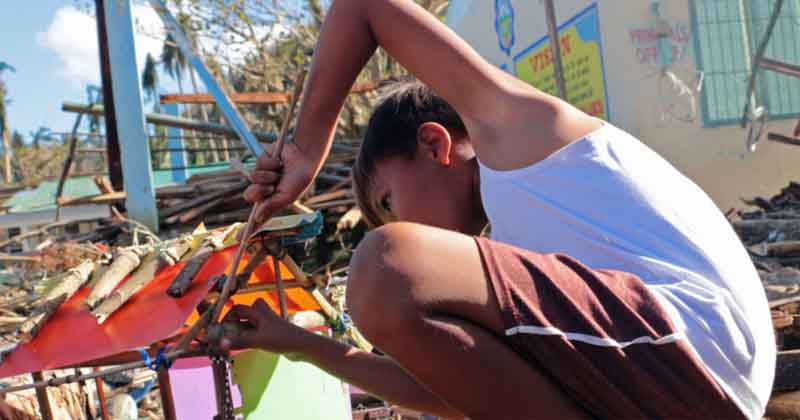 AnotnioGuterres
AnotnioGuterres
Scale up funding for climate adaptation programmes, Guterres urges
New York: The UN Secretary-General on Monday called for urgent scaling up of funds for climate change adaptation and resilience building programmes, so they can offer real and lasting protection against the impact of major events such as droughts, floods and rising sea-levels.
“Adaptation cannot be the neglected half of the climate equation”, Secretary-General António Guterres said at the Climate Adaptation Summit.
The need is all the more pressing in developing countries, which require an estimated $70 billion to meet their adaptation plans. But the figure could reach up to $300 billion in 2030, and $500 billion in 2050, according to the latest edition of UN’s Adaptation Gap report, released earlier this month.
Mr. Guterres called for 50 per cent of the total share of climate finance provided by all developed countries and multilateral development banks to be allocated to adaptation and resilience.
“I urge all donors and multilateral development banks to commit to this goal by COP26 and deliver on it at least by 2024", he added, referring to the 26th session of the Conference of the Parties to the UN Framework Convention on Climate Change (UNFCCC), to be held in November, in Glasgow.
Importance of early warning
Guterres underscored the importance of early warning systems and risk-based decision making, adding that one person in three, has no protection.
“Just 24 hours warning of a coming storm or heatwave, can cut the ensuing damage by 30 per cent”, he explained, calling on everyone to work together to ensure full global coverage by early warning systems to help minimize losses.
“I hope this Summit helps to secure the breakthrough on adaptation and resilience that is needed and that it leads to ambitious outcomes at COP26”, the UN chief said.
The Climate Adaptation Summit was jointly convened by the UN and the Government of the Netherlands to drum up momentum towards comprehensive adaptation efforts to make the world more resilient to climate change impacts. Due to the coronavirus pandemic, the event was held virtually.
Climate resilient decisions
The Secretary-General also called for making budget allocations and investment decisions, climate resilient.
“Climate risk must be embedded in all procurement processes, particularly for infrastructure”, he said, noting also the need for significantly scaling-up existing “catastrophe-triggered financial instruments” – such as bonds or investments to support economies affected by disasters.
The UN chief also urged easier access to public financing, especially for the most vulnerable countries, and expanded debt relief initiatives, noting that least developed countries (LDCs) and small island developing States (SIDS) account for only 14 per cent and 2 per cent of the total climate finance flows, but face most of the risks.
“These countries stand on the frontline of the climate crisis, yet, due to size and capacity constraints, they face significant challenges in accessing climate finance to build resilience,” he said.
In the last decade alone, extreme weather and climate-related hazards claimed over 400,000 lives, the vast majority in low- and lower-middle-income countries, according to the the UN World Meteorological Organization (WMO).
Support Our Journalism
We cannot do without you.. your contribution supports unbiased journalism
IBNS is not driven by any ism- not wokeism, not racism, not skewed secularism, not hyper right-wing or left liberal ideals, nor by any hardline religious beliefs or hyper nationalism. We want to serve you good old objective news, as they are. We do not judge or preach. We let people decide for themselves. We only try to present factual and well-sourced news.







